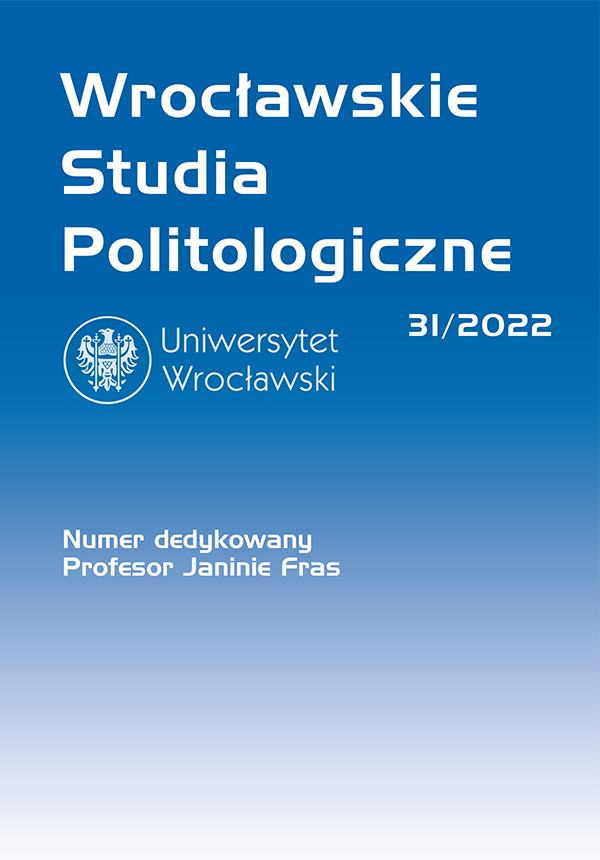

Artykuły

The objective of the article is to check the functionality of the leading concepts explaining the role of media in international relations and foreign policy in the fourth era of political communication. The author focuses on the “CNN effect” and “manufacturing consent” concepts to illustrate how the Almond–Lippman consensus was rejected. The study is framed by the idea of globalization of media and uses the cases from the EU (Poland and the Netherlands), the relations with Russia and the recent migration crisis on the Polish–Belarussian border to assess the role and position of media in international relations in the age of information overload. The author concludes that despite the deep mediatization of societies in the 21st century, the governments are able to take charge of the discourses in international communication using their strategic narratives.